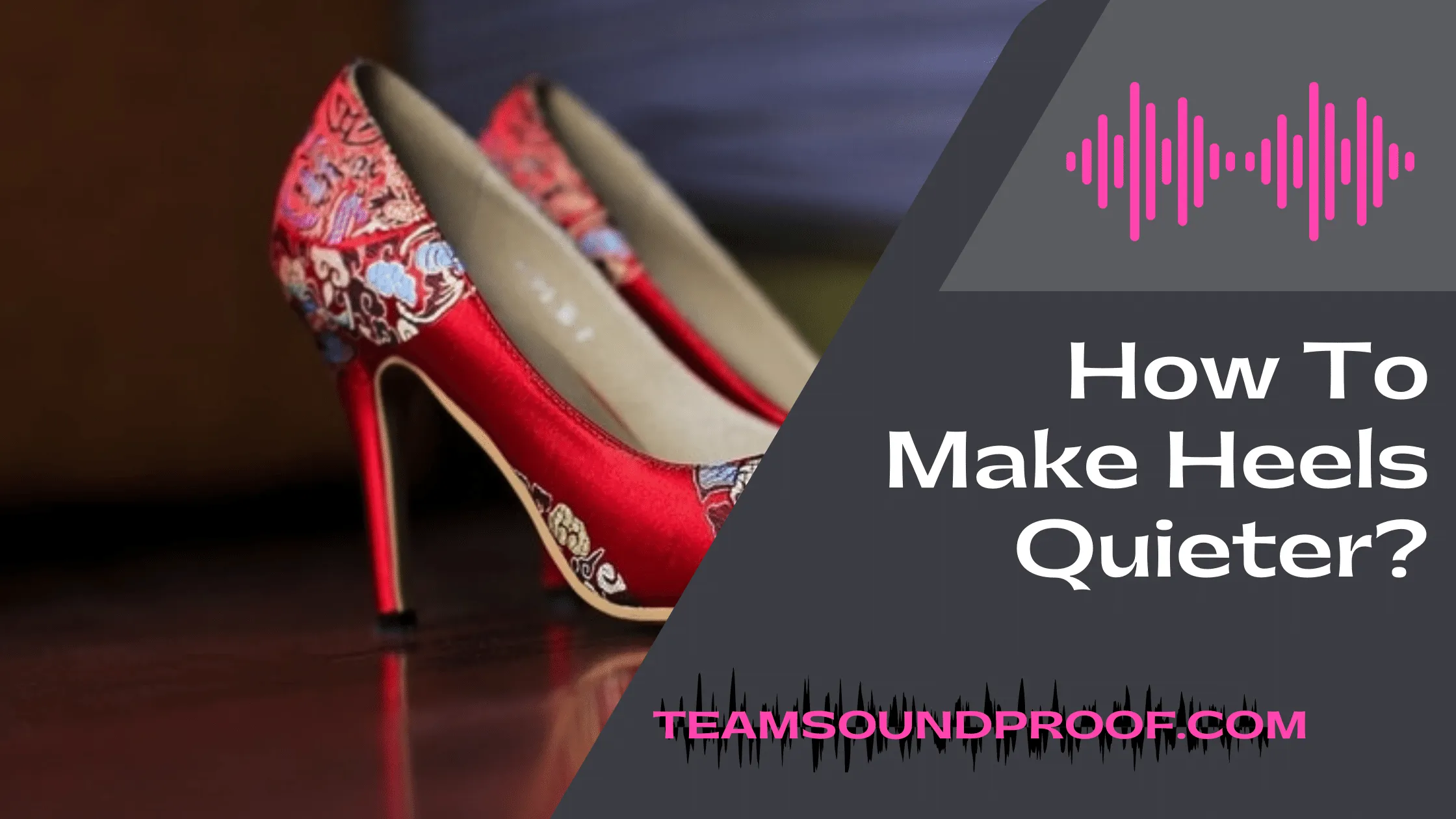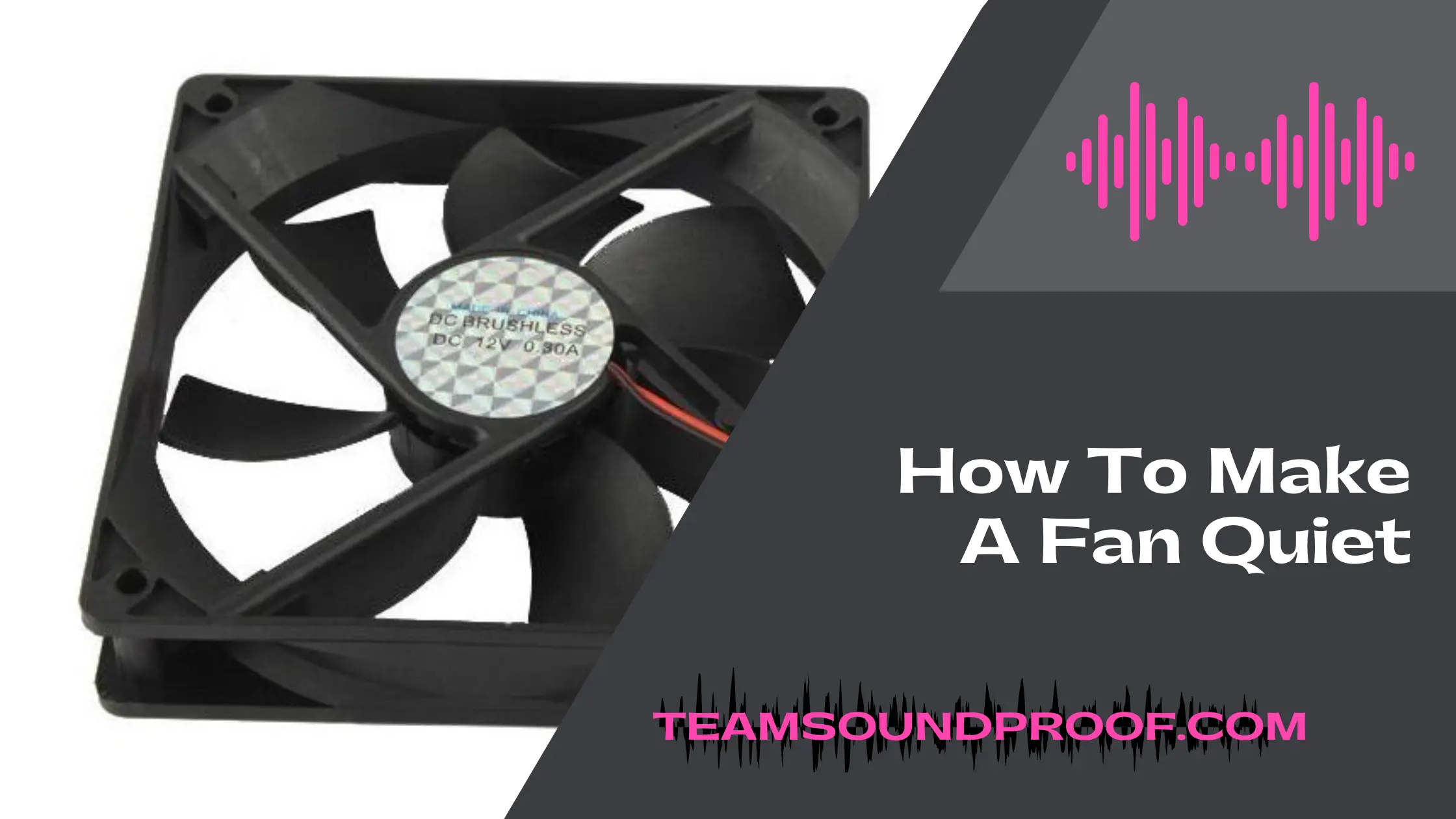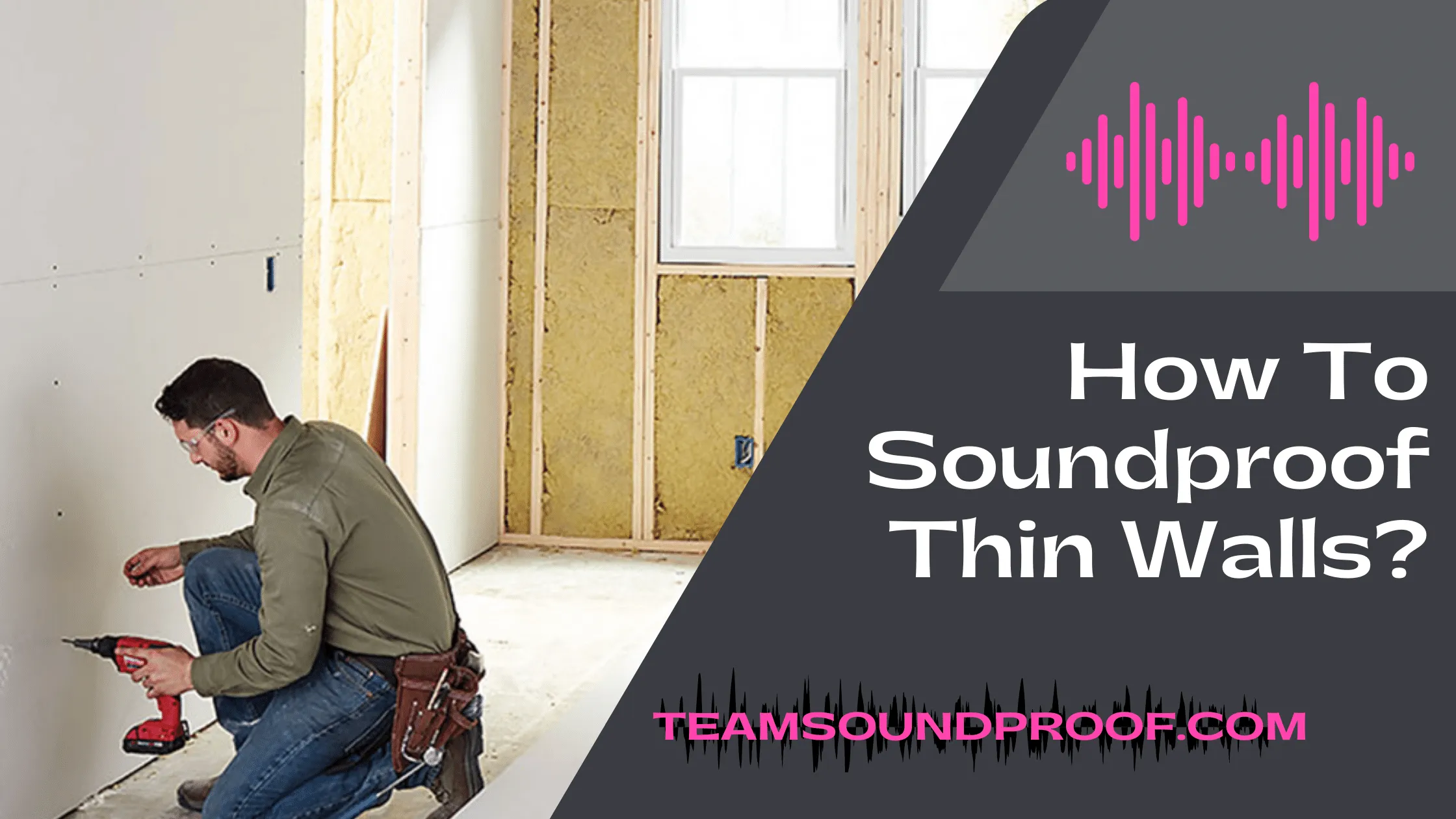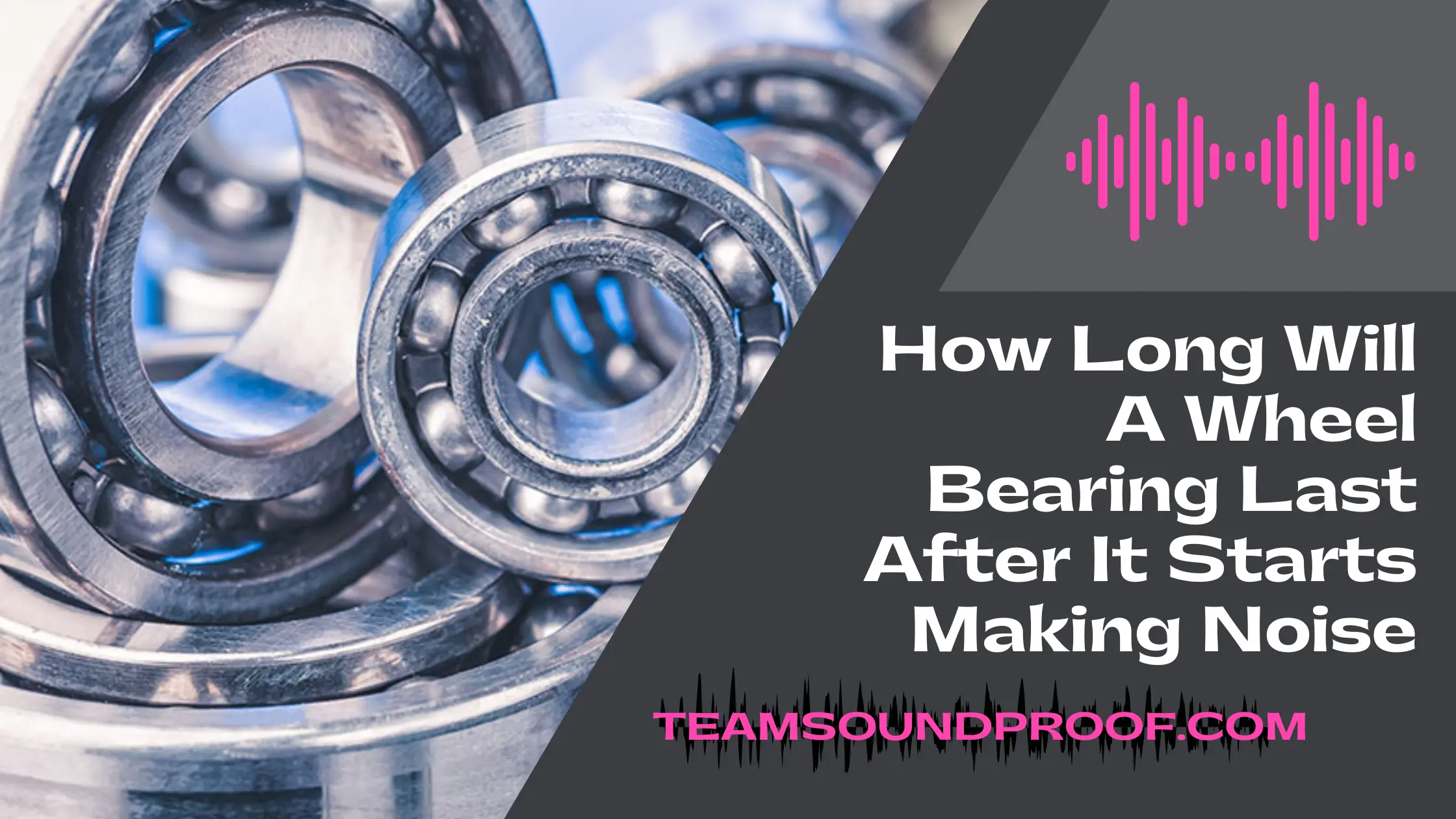If you’re dealing with a car that creaks and groans when you go over bumps, then this guide is for you. It can be worrying if your vehicle makes noises, as it could affect your safety on the road or indicate an underlying issue with the car itself. We understand how stressful this may feel to deal with—that’s why in this blog post we’ll be covering why vehicles make certain types of noise, common causes of Car Makes Creaking Noise When Going Over Bumps, and some steps that can help get to the root of the problem so you can restore peace and quiet back into your ride.
Why Vehicles Make Certain Types of Noise?
There are a few different reasons why your vehicle may make creaking noises when you go over bumps. One of the most common causes is due to wear and tear on the suspension system, which can happen over time as the rubber bushings in your car become loose or start to degrade due to age and environmental factors like road salt. This issue can affect any type of vehicle, from sedans and SUVs to trucks and sports cars.
Another potential cause for this creaking sound could be an issue with the tires themselves—for instance, if they are not inflated properly or have uneven tread wear, then it can affect how smooth the ride is. Additionally, if there are any loose parts or components in your vehicle’s steering system that are not aligned properly, then this can also lead to creaking noises when going over bumps.
Finally, it’s important to note that the type of road you’re driving on can affect how much noise your car makes. Potholes, uneven pavement, and other rough patches of road can contribute to additional vibrations that could make any existing suspension or tire issues even worse. So if you notice more creaking sounds as you drive over such surfaces, be sure to take care when navigating these areas and avoid them whenever possible.
What to Do if You Hear a Creaking Noise when Your Car Goes Over Bumps?
If your vehicle is making creaking noises when going over bumps, then there are a few steps that you can take to help get to the root of the problem. It’s important to note that while there may be some underlying issues with your car’s suspension, this noise could also simply be related to the tires themselves.
The first thing you should do is check your car’s tire pressure and make sure that it is inflated properly. You can use a digital or manual gauge to measure the air pressure in each tire, and if necessary, add more air so that the tires are fully inflated. Also, be sure to inspect the tread of your tires for any signs of uneven wear or damage—if you spot any issues like cracked rubber or tread separation, then this may indicate an underlying problem with your tires that could contribute to creaking noises when going over bumps in the road.
If after checking both your tires and your car’s suspension system you still hear creaking noises when going over bumps, then it may be a good idea to bring your vehicle in for servicing. This way, a trained mechanic can fully inspect the suspension and steering systems of your car to determine if any parts or components may be loose or damaged. They can also take a look at the tires themselves to make sure that they are aligned properly and not contributing to this issue.
In general, if you are hearing creaking sounds coming from your car as you go over bumps, then it ’s important to stay calm and get to the root of the problem so that you can restore peace back into your ride. Be sure to follow these steps in order to get started on the right track, and if needed, schedule an appointment with a trusted mechanic to help get your car back into its best shape.
Some Preventative Measures You Can Take to Avoid Having This Issue:
Here are a few steps that you can take to help prevent issues with creaking noises when going over bumps in your car.
- Regularly inspect your vehicle’s suspension system and steering components. This can help to identify any loose or worn parts that could be causing vibrations or noise when going over bumps in the road. It’s a good idea to do this at least once per year, as well as after any major driving events like long road trips or off-road adventures.
- Avoid potholes and other rough patches of road whenever possible, as these areas can increase the amount of vibration you feel in the car when going over bumps in the road. If you must travel on such surfaces, then drive slowly and keep a firm grip on the steering wheel to minimize any additional vibrations or noises.
- Maintain regular car maintenance and repairs by taking your vehicle in for tune-ups and inspections as needed. This can help to identify potential issues with your suspension system, tires, or other parts before they become worse and more difficult to repair.
By following these tips, you can help to keep your car in good condition and avoid issues with creaking noises when going over bumps. Additionally, if you notice that the noise is persistent or if it gets worse over time, then consider working with a mechanic or local auto shop to resolve the issue as soon as possible. With a little care and attention, you should be able to enjoy a smooth and quiet ride for many years to come!
Some General Tips for Maintaining Your Car’s Health Over Time:
There are several general tips that you can use to help maintain the health of your car over time. These include:
- Performing regular maintenance and upkeep on your vehicle, such as scheduling tune-ups or fluid changes at recommended intervals. This can help to keep your car running smoothly, prevent major issues from arising, and ensure that any minor issues are caught and addressed early on.
- Investing in high quality tires for your vehicle, especially if you tend to drive on rough or uneven roads frequently. This will help to improve traction and reduce vibrations when going over bumps or other rough terrain, which can minimize creaking noises and make driving more enjoyable overall.
- Keeping an eye on any warning signs or symptoms that could indicate a potential issue with your vehicle, such as unusual sounds, smells, or changes in performance. This can allow you to address issues quickly and prevent them from becoming major problems down the line.
- Staying aware of your driving habits, including how you handle your car on different surfaces and in different situations. This can help to identify any areas where you may be putting extra strain on your car’s components, such as when taking sharp turns or accelerating quickly.
In order to maintain the health of your car over time and prevent issues with creaking noises when going over bumps, it is important to stay vigilant about your vehicle’s overall condition and take steps to address potential issues as soon as possible. By following these general tips, you can help keep your car running smoothly and enjoy a quiet ride for many years to come!
Conclusion:
As you can see, there are many possible explanations for a creaking noise coming from your car when going over bumps. In most cases, it is nothing to worry about and can be fixed with some simple DIY maintenance. However, if the noise persists or is accompanied by other strange symptoms, it is always best to consult a professional mechanic. Thanks for reading and good luck!
Frequently Asked Questions
How Can I Fix Creaking Sounds Coming from My Car on My Own?
One simple solution is to check your tires for proper inflation and replace them with new tires if they are under-inflated. Another option is to have a mechanic inspect your suspension system to see if there are any loose or damaged components that need to be replaced or tightened. You may also want to consider having an alignment done on your vehicle, as this can help improve its handling and reduce the risk of unnecessary wear and tear on your suspension system.
What Should I Do if My Car Continues to Make Creaking Noises Even After Performing Maintenance?
In this case, it is best to consult a professional mechanic for further diagnosis and repair. There may be an underlying issue or damage that you are not able to detect on your own, and it is important to get any potential safety concerns addressed as soon as possible. Additionally, many newer cars are now equipped with self-monitoring systems that can alert you of potential problems with your vehicle—so if the creaking noise persists, be sure to check your car’s diagnostic health information regularly in order to catch any issues early on.
How Often Should I Check My Car for Creaking Sounds when Going Over Bumps?
Ideally, you should conduct regular inspections of your vehicle to look for signs of wear and tear or other issues that could affect its performance or safety on the road. Depending on how frequently you drive, this may mean checking your car at least once a month or more frequently if you drive frequently or in rough conditions. By taking the time to maintain your car and keep it in good working order, you can help prolong its lifespan and prevent costly repairs and safety concerns in the future.






